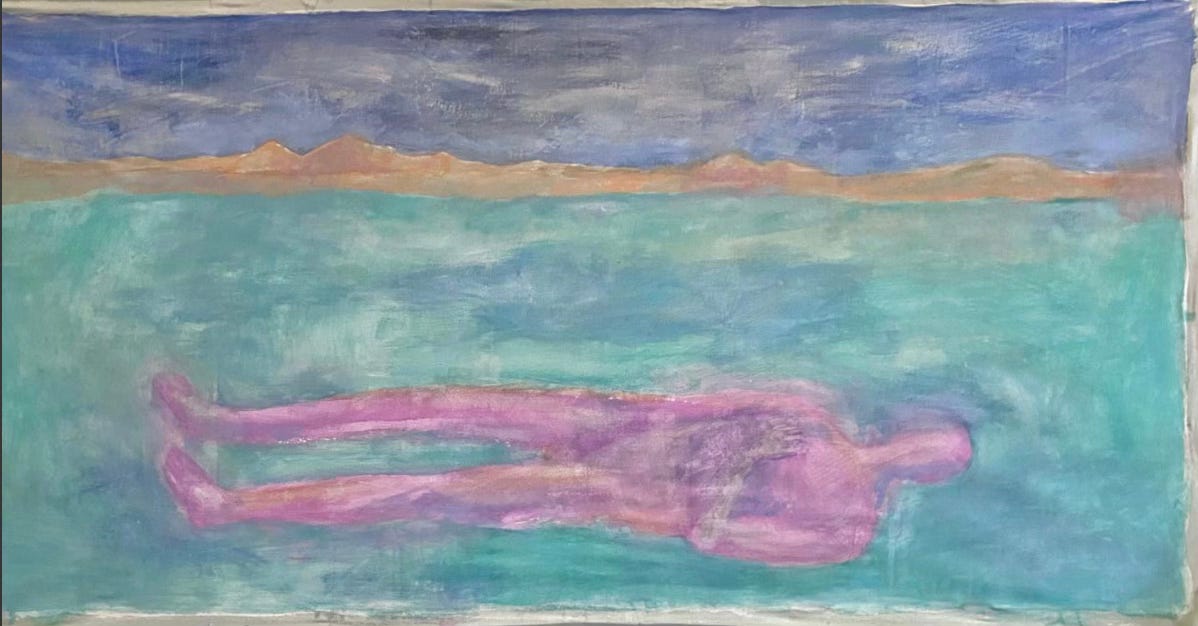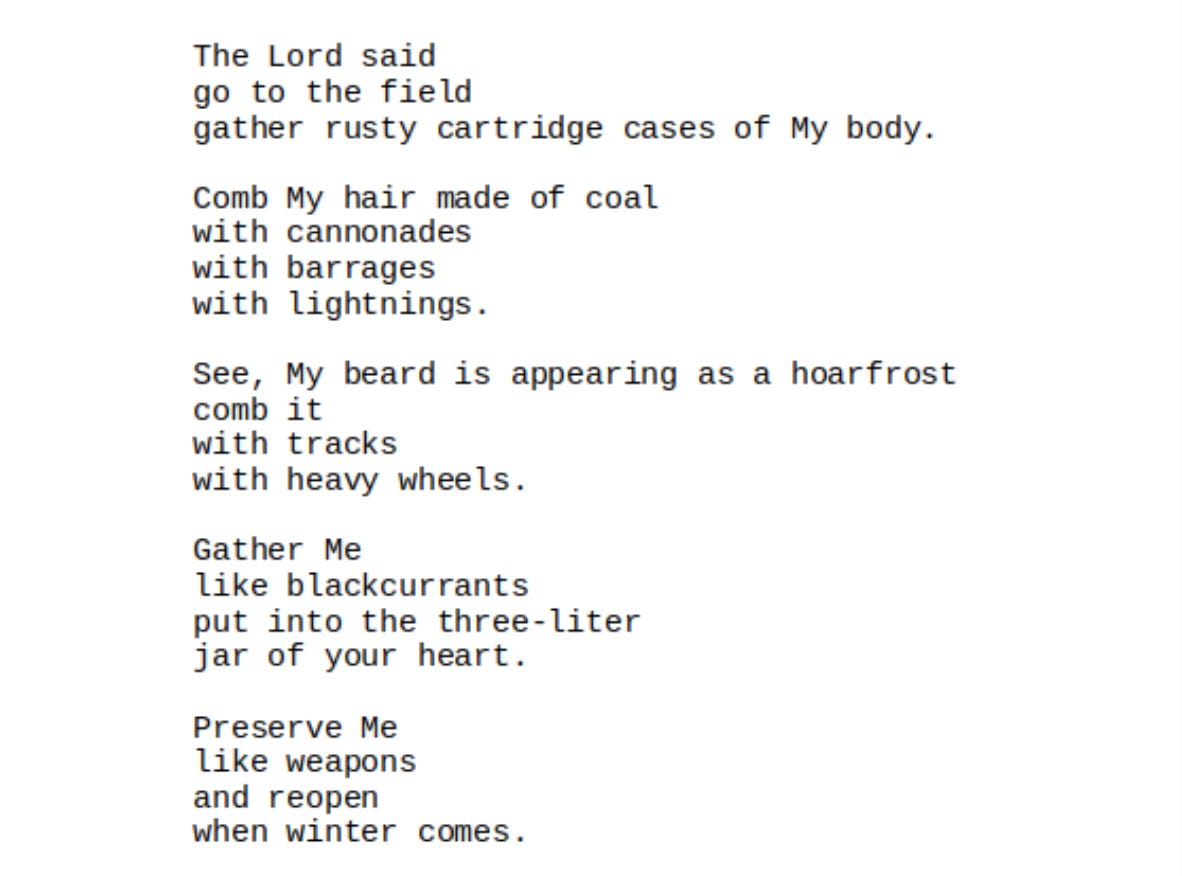russian colonialism 101: untold stories.
One Ukrainian picture from 1925 that explains Russian colonialism all too well.
Russian Colonialism 101 is the first newsletter to enlighten you about Russian colonialism. The opening essay is public; the curated reading lists are behind the paywall. Your paid subscription will power my mission to mainstream awareness about Russian colonialism.
This is one of my favorite Ukrainian pictures of all time.
Taken in 1925, it features young Ukrainian writers of the literary collective Lanka. They look so young and badass here. A century later, this photo still vibrates with coolness — the coolness and the genius that Ukraine was violently robbed of. Within a decade after this picture was taken, Russian colonial authorities executed three and sent to concentration camps two more writers photographed here. They are, in appearance order from left to right: Borys Antonenko-Davydovych (sent to Gulag, 1935), Hryhorii Kosynka (executed, 1934), Maria Halych (silenced in the 1930s), Yevhen Pluzhnyk (executed, 1936) Valerian Pidmohylny (executed, 1937) Todos’ Osmachka (sent to Gulag, 1930s.)
This wasn’t an isolated tragedy. As part of the genocide of Ukrainians in the 1930s and the colonial re-conquest campaign, the Kremlin was methodically murdering through the community of Ukrainian artists. Moscow deported, shot, or imprisoned 228 out of 260 most prominent Ukrainian writers of that time. The generation that is now known as the Executed Renaissance — one of the greatest and one of the most tragic untold stories of anti-colonial resistance.
After I found out about the murder of a 33-year-old Ukrainian poet, Maksym Kryvtsov, assassinated by Russians in early January 2024 while defending Ukraine, I can’t stop thinking about this picture.
Why?
Because of jarring impunity. The Executed Renaissance generation consisted of brilliant Ukrainians in their late 20s and 30s. Almost a century later, Russia is genociding through another generation of talented Ukrainians in their 30s — just because nobody has ever brought Russia to accountability. "I was never a fan of Cancel Culture. But maybe the Execute Culture that Russians have repeatedly practiced on free Ukrainians is something the world would like to stop before it’s too late again," wrote last year another young and brilliant Ukrainian writer, Victoria Amelina. Then Russians killed her, too. And after, Russians and their foreign supporters dare to claim that Ukraine (or any other former Russian colony) has nothing to offer in terms of culture.
Because of continuous injustice. Russian artists and writers snatch fancy residencies and get platformed globally as ‘victims of the war’ while their countrymen mass slaughter Ukrainian artists and writers in daily terrorist attacks and carpet bombings. Just last week, the leading news photography contest appointed a Russian photographer to judge works from Europe, including those from Ukraine and other former Russian colonies. The organizers dismissed the outcry as ill-informed. Instead, what they actually dismiss is an essential conversation on decolonization and imperial privilege. As a justice principle, do we compensate for centuries of imperial erasure of indigenous voices by Russia by centering and validating more Russian expertise, culture, and perspectives?
Why is this all important for your understanding of Russian colonialism? For two reasons.
First, this shows you, once again, a pattern of serial behavior by the Russian empire. A pattern that is not exclusive to Ukraine (see Belarus, for example.) Regimes and rulers in Moscow come and go, but the methods of Russian colonialism stay the same.
Second, this is another simple illustration of how Russian colonialism weaponizes culture. Quite literaly. Moscow not only invades and conquers new territories (imperialism) but also subjects them to horrific levels of identity erasure (colonialism.) They murder and silence indigenous artists. Whoever survives, they steal their art and rebrand as Russian. The rest of the space gets taken over by ‘great Russian culture.’ When the colonized people are robbed of their artists, storytellers, and thinkers — it is much easier to erase their otherness and indoctrinate them into thinking they are too inferior to be self-ruled.
That’s why learning about and amplifying more indigenous thinkers and artists, even those we lost to Russian terrorism, is vital for anti-colonial solidarity and remains a powerful act of anti-colonial resistance. Have you heard about Maksym Kryvtsov before? Have you read anything by Ukrainian trailblazers like Borys Antonenko-Davydovych, Lesia Ukrainka, Ahatanhel Krymsky, or Vasyl Symomenko and what they had to say about the empire? And if not, ask yourself, how come?
Here’s a quote from one of the last English-language interviews by Kryvtsov:
I find joy in crafting short stories about people. Especially if they manage to go through all of this. As strange as it may seem, in today’s context, the greatest achievement seems to be simply surviving. In this war, each person carries a unique, extraordinary story. They’re filled with distinct sounds, voices, and dreams. Some have spent their lives building a house, others became shift managers at poultry farms, some cherished reading thick books, while others collected fallen leaves and chestnuts. A person, to me, is a story.
The stories of those who resisted Russian fascism deserve to be heard.
Peace won’t be possible without justice. Justice won’t come without understanding. And understanding cannot happen when Russians keep silencing the truth.
I’ll end with a poem by Maksym Kryvtsov (translated by Victor Shepelev.)
This cycle of endless mass murder called Russian colonialism must stop.

here is what's in store for you this week:
How Russia has been weaponizing medicine and healthcare for colonial control for centuries;
An introduction to the diversity of modern-day decolonization conversations in Ukraine;
A powerful takedown of virulent Russo-centrism in Western academia;
How Russians have been using the trope of ‘brotherly nations’ as a gaslighting excuse for invasions;
How celebrating Xmas has always been an act of anti-colonial resistance for Ukrainians.
curious for more? let's go.





